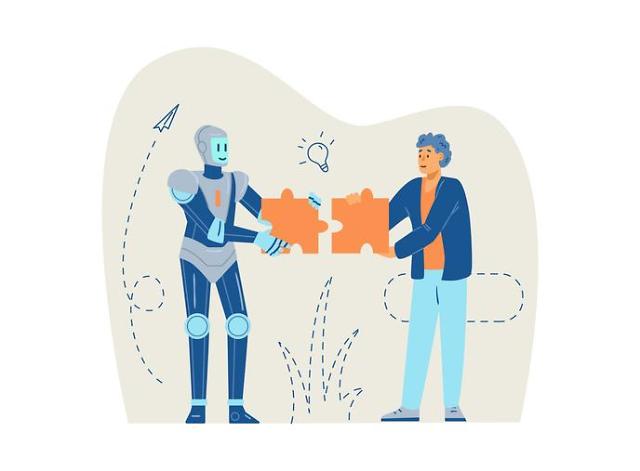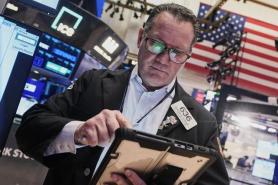
[Gettyimages Bank]
Big data is a collection of data sets that is too large for conventional tools or methods to process. While the vast amount of information has extremely high statistical power, it could also have a high false discovery rate if not processed using the right software or method.
Nowadays, big public data such as the moving population of central Seoul, the air quality of underground shopping mall complexes, and the average number of people riding morning commuter buses are autonomously collected by various sensors and provided through government data portals so that anyone can analyze, process, and utilize the information.
Busan said in a statement on January 15 that the city government will operate eight-hour big data incubation classes for its workers. The city will also select one or two workers from each bureau for advanced big data lessons. "We will be able to increase our administrative efficiency if our workers are able to properly collect and utilize big data," Busan City said.
Since 2019, South Korea has adopted big data in its administrative sectors. The Ministry of the Interior and Safety provides public big data for various sectors -- public health, employment, city development, and safety information -- through its big data portal.
Combined with artificial intelligence, big data can help workers greatly increase their work efficiency. LG Electronics, the world's top home appliance maker, adopted a robot process automation (RPA) solution to apply big data and AI to some 120 work processes in 2018. Jeonbuk Development Corporation, a public development company, adopted RPA in 2021 to process some 200,000 document-based big data sets and automate the distribution of documents and payments of salaries of workers.
Copyright ⓒ Aju Press All rights reserved.




